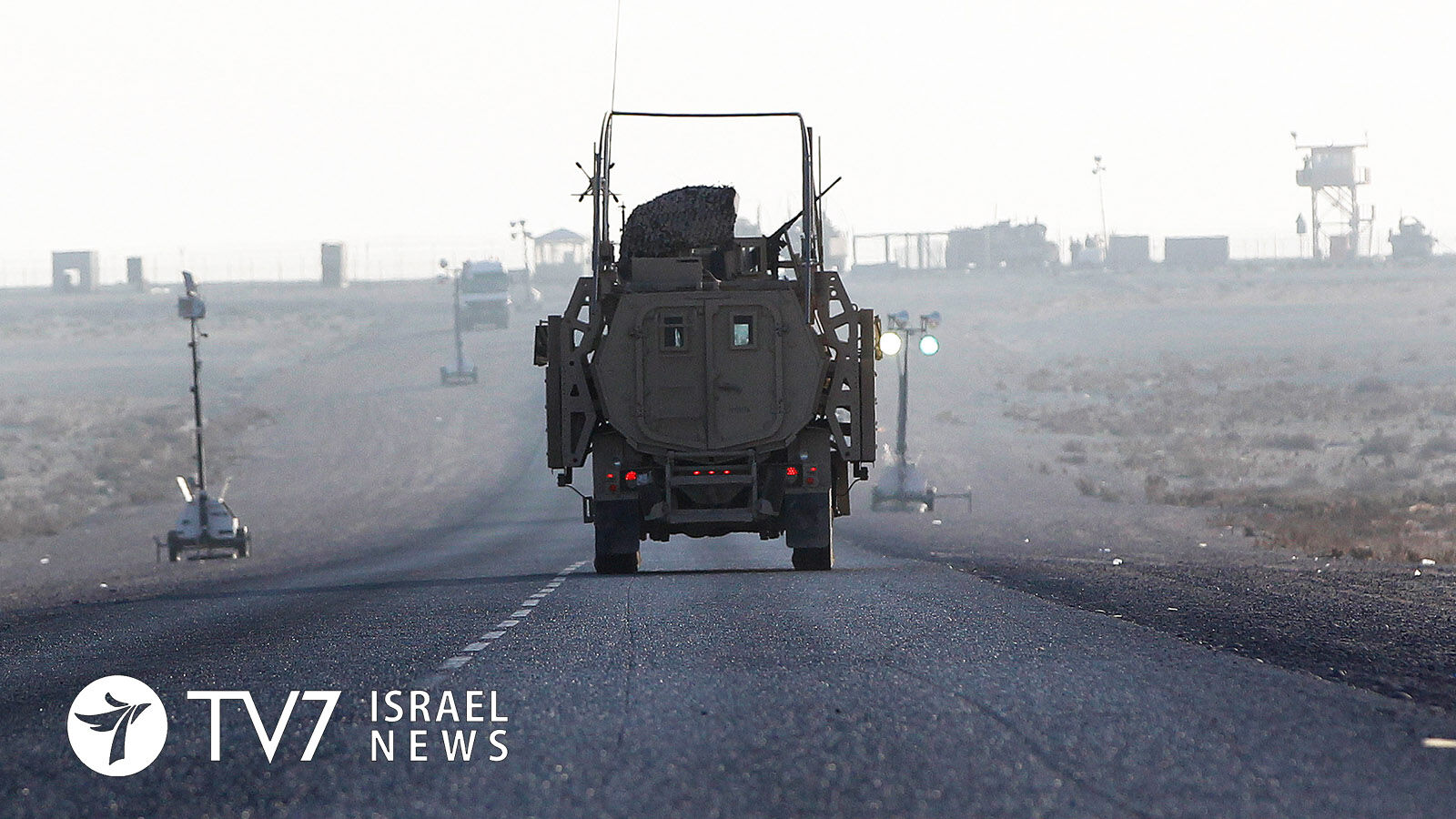The operation began in 2014 to defeat the Islamic State (ISIS), after the terrorists seized vast areas of Iraq and neighboring Syria.
By Erin Viner
Western security and diplomatic officials insist the ‘shift’ is not tantamount to a ‘withdrawal,’ as it has sometimes been characterized by the Iraqi government, because the number of coalition forces based in the country is unlikely to change.
US President Joe Biden and Iraqi Prime Minister Mustafa al-Kadhimi sealed an agreement in July to formally conclude the combat mission aspect by the end of 2021.
“Our role in Iraq will be … to be available, to continue to train, to assist, to help and to deal with ISIS as it arises, but we’re not going to be, by the end of the year, in a combat mission,” Biden told reporters at the time as he held his face-to-face talks with Kadhimi in the Oval Office as part of a strategic dialogue between Washington and Baghdad.
The agreement came at a politically delicate time for the Iraqi government and could be a boost for Kadhimi, who has been confronted by rising pressure from Iran-aligned parties and paramilitary groups opposed to the US military role in the country.
The Iraqi leader narrowly escaped an assassination attempt last month when unknown assailants launched 3 armed drone strikes on his offcial residence in Baghdad’s heavily- fortified Green Zone last month.
Iraqi military commanders and officials from the coalition headed by the United States yesterday confirmed that the combat mission in the Arab Republic wrapped up on time. All remaining soldiers have been transferred to training and advising roles.
The US has kept around 2,500 troops in Iraq since 2020, which have had limited involvement in any combat operations for the past several years and serving in only training and advisory capacities for some time.
“As we complete our combat role, we will remain here to advise, assist, and enable the ISF (Iraqi security forces), at the invitation of Republic of Iraq,” Coalition Commander Major General John W. Brennan, Jr. stressed in a statement on Thursday.
Affirming that “today, we renew our partnership with the Coalition, who are now serving in a new capacity – with a mission to advise, assist, and enable our brave military warriors,” Iraqi Commander Lieutenant General Abdul Amir al-Shammari said his national forces are ready to handle ongoing threats posed by the Islamic State.
ISIS has been unable to hold territory since being defeated by the US-led coalition in 2017, although the radical terror group has continued to wage a continued low-level insurgency that routinely murders Iraqi civilians and soldiers in remote desert and mountainous areas.
The coalition has also been targeted by dozens of rocket and drone attacks fired by the Iran-backed Shi’ite proxy militias, which helped to defeat the Sunni ISIS faction and therefore argue the presence of Western forces in Iraq is no longer justified. Iran’s Islamic Revolutionary Guards Corps (IRGC) has also fired ballistic missiles at Iraqi military bases that house US military personnel.
The Shi’ite militias have already vowed to perpetrate fresh attacks against coalition forces in 2022.
The biggest winner in Iraq’s October election was Shi’ite Muslim cleric Moqtada al-Sadr.
